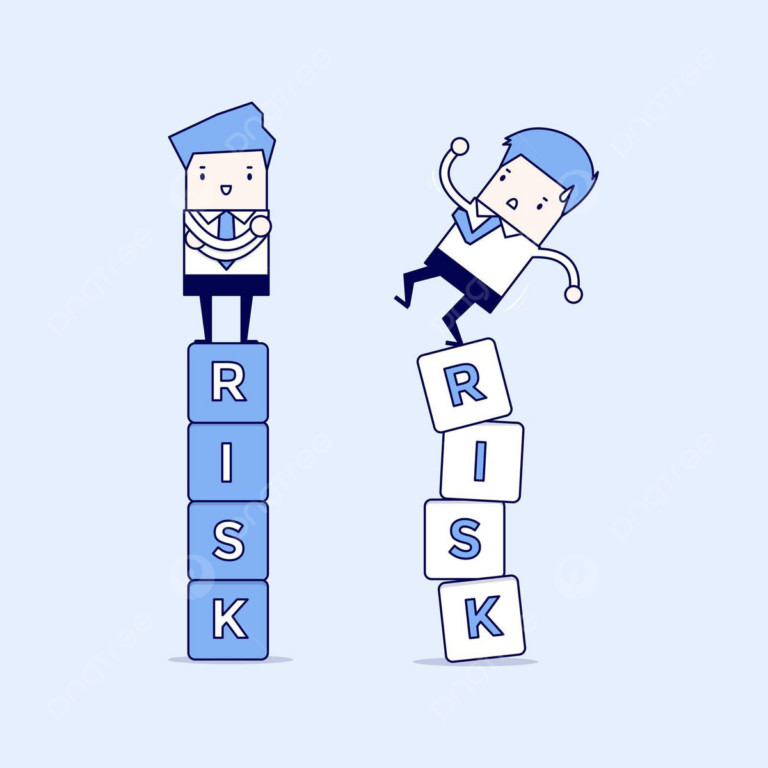As economic shocks and global uncertainties continue to rattle markets, Nigerian businesses are being urged to get serious about Enterprise Risk Management (ERM) — or risk falling behind.
This was the central message at a high-level seminar hosted by Kreston Pedabo in Lagos, which brought together industry leaders, regulators, and academics under the theme:
“Spreading Business Resilience: Integrating Enterprise Risk Management for Sustainable Growth.”
Despite rising awareness, speakers voiced concern that many Nigerian organisations treat risk management as a formality — not a strategic imperative.
Risk Management: Still an Afterthought
Olanike Olakanle, Head of Audit, Risk & Internal Control at Lafarge Africa Plc, didn’t mince words.
“Many organisations have the ERM documents, but it ends there. Risk isn’t embedded in decision-making,” she said. “There’s a dangerous disconnect between strategy and risk, and that exposes businesses to crises that could be prevented.”
She emphasized the need for predictive tools, such as Artificial Intelligence (AI), but warned against over-reliance on technology without the right governance culture.
“Tech won’t save you if your risk culture is weak. It has to be lived at every level of the organisation.”
A Call for Stability and Foresight
Biyi Olagbami, Executive Director at Ecobank Nigeria, blamed inconsistent regulations and poor ownership of risk management as key threats to business confidence.
“When policies change overnight without clarity or foresight, it erodes trust,” he said. “Risk management should be at the core of strategic planning — not buried in audit reports.”
He called on businesses to stop seeing risk management as a hurdle and instead use it as a driver of innovation and long-term growth.
Global Risks, Local Action
Dr. Joseph Atatsi, Academic Director at Wake Forest University and a Senior Regulator with the U.S. SEC, stressed that Nigeria can no longer afford to ignore the global risk landscape.
“We live in a world of interconnected risks — cyber threats, climate change, geopolitical tensions,” he noted. “Nigerian companies need systems that can anticipate shocks, not just react to them.”
ERM Is Not Compliance — It’s Competitive Strategy
Ajibade Fashina, Managing Partner at Kreston Pedabo, challenged the outdated perception of ERM as a box-ticking exercise.
“Risk is not just about threats. It’s a strategic lens for finding opportunities,” he said. “The market leaders of tomorrow are the ones who understand that.”
While he praised efforts like the SEC’s risk-based supervision, he stressed that progress is being stalled by poor coordination, inconsistent policy execution, and weak data infrastructure.
The Way Forward: Integration, Not Isolation
For Abiola Ogunleye, Head of ERM at Seplat Energy Plc, the solution lies in embedding risk culture across entire organisations.
“ERM must stop living in silos,” she stated. “It needs to be part of a company’s culture, structure, and strategy. Only then can it create real value.”
Conclusion
The message was clear: Risk management must evolve from paperwork to practice. As Nigeria navigates economic volatility and global uncertainty, experts agree that embedding ERM across all business functions is not just important — it’s essential for survival.

